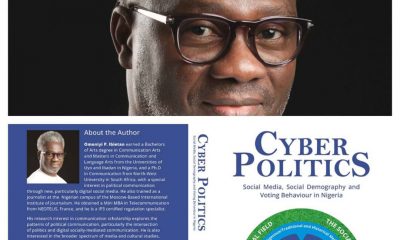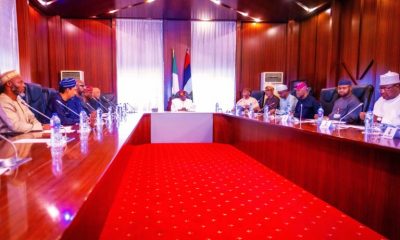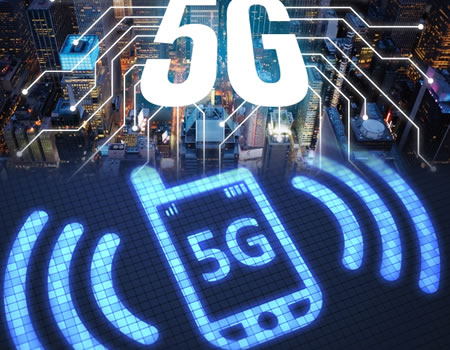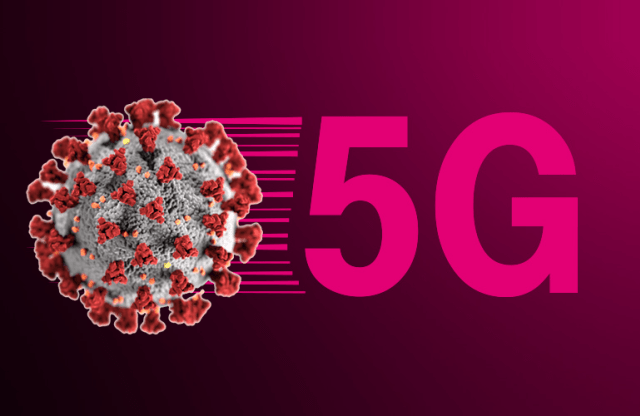By ADEDEJI ADEYEMI FAKOREDE
IT has being estimated that the Nigeria government and other nations would need fresh investment of about N112.5bn to make internet available to his citizenry.
This is according to the United Nations Broadband Commission for Sustainable Development, which disclosed that currently, about 1.5 billion people have been identified still lacking access to the Internet, with majority residing in Africa.
In Nigeria, out of the estimated 180 million people, the Nigerian Communications Commission (NCC) claimed that there are 92 million Internet users. This is even as the country has crossed the 100 per cent teledensity mark and can boast of over 145 million active telephone subscribers.
The UN body noted that if the gaps must be bridged adequately, governments of respective countries must have policies that will drive growth. It disclosed that most of the N112 billion investments would be delivered by the private sector, stressing that investment-friendly enabling policy environment is a crucial ingredient in bringing everyone online.
Already, Nigeria, whose broadband penetration is currently at 10 per cent, has initiated plan to increase it to 30 per cent in another two years, through the National Broadband Plan.
But there have been several skepticisms about the realization of this plan scheduled to materialise by 2018.
According to the Chairman of the Association of Licensed Telecommunications Operators of Nigeria (ALTON), Gbenga Adebayo, it is impossible for the country to meet that target.
ALSO SEE: N4.5bn lost annually to quackery in ICT — CPN
He said there are many issues that have been positioned to stall the realization.
Adebayo noted the cost of procurement of right of way is not cheap, stressing that operators continue to buy right of way at very exorbitant rates from local, state and federal governments and access to forex has been a major challenged.
He further stated that the additional nine per cent communication service tax on the user, how would we achieve the 30 per cent broadband target? What is the incentive?
“What is the motivation for those who will provide the service and what is the motivation for those who will consume? So, if the government is talking about access and penetration by 30 per cent by 2018, I think with the current dynamics, it would be a tough one. Government must do more if they want to achieve the target. They must address all the barriers that hinder rapid rollout”, he stated.
The UN informed that 4.2 billion people (or 57 per cent of the world’s population) are offline for a wide range of reasons, but often also because the necessary connectivity is not present or not affordable.
According to it, Information and Communication Technologies (ICTs) are vital enablers of the three pillars of sustainable development economic development, social development and environmental protection.
The Broadband Commission stressed that governments must strive to shape and create the inclusive world of 2030 and to connect the unconnected, drawing on ICTs and digital e-skills as key to enabling inclusion, economic growth and development, often through mobile broadband in the access network.
The UN body informed that in developing countries, broadband can help meet the basic needs of food, water and energy, adding that ICT infrastructure can help improve the supply chain and distribute food more efficiently and effectively, avoiding wastage.
According to the body, broadband infrastructure is the cornerstone to build smarter and more resilient cities, enhancing the inclusiveness and sustainability of the urban space.
The commission noted that a body of research and evidence suggested that broadband can add to Gross Domestic Product (GDP); help create innovation and new jobs in new products and services (such as web marketing and start-ups), advance financial inclusion and improve labour and agricultural productivity and energy efficiency.

 Football7 days ago
Football7 days ago
 Health & Fitness1 day ago
Health & Fitness1 day ago
 Featured5 days ago
Featured5 days ago
 Comments and Issues7 days ago
Comments and Issues7 days ago
 Education6 days ago
Education6 days ago
 Business6 days ago
Business6 days ago
 Education1 week ago
Education1 week ago
 Crime6 days ago
Crime6 days ago








